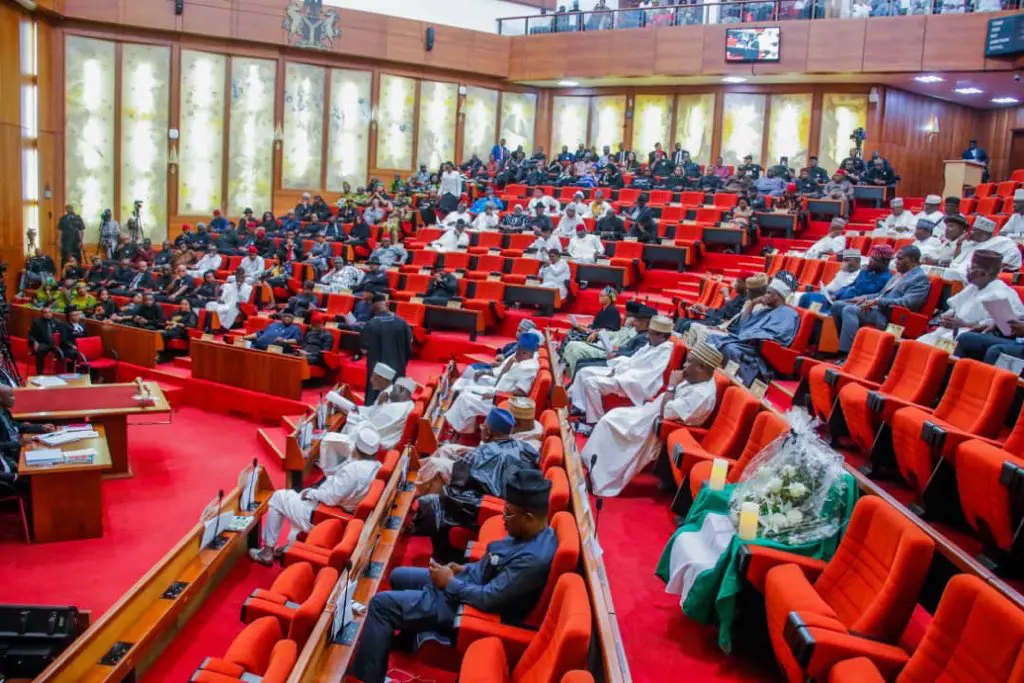The Nigerian Senate has moved a major step closer to embracing clean transportation, as the Electric Vehicle Transition and Green Mobility Bill 2025 passed its second reading. The bill aims to prepare Nigeria for a future powered by electric vehicles, boost local production, and support environmental sustainability.
Sponsored by Senator Orji Uzor Kalu (Abia North), the proposed law received wide support from lawmakers. It outlines a detailed plan to develop the electric mobility sector through local manufacturing, foreign partnerships, and a nationwide charging network.
Kalu explained that the bill could transform the country’s automobile and energy industries by encouraging innovation and creating jobs. Incentives such as tax holidays, duty waivers, subsidies, toll exemptions, and road tax reliefs will be available to EV manufacturers and users.
The bill also requires every fuel station in Nigeria to install EV charging points. In addition, international auto companies must work with licensed local assemblers and set up factories within three years, while sourcing at least 30% of components locally by 2030.
Failure to comply could lead to fines of up to ₦250 million for each violation, and unlicensed EV importers may face up to ₦500 million fines and seizure of goods. The bill also mandates a minimum production capacity of 5,000 vehicles yearly for registered EV manufacturers and assures grants and tax credits for investors setting up charging infrastructure.
Senate President Godswill Akpabio praised the bill as a strong step toward economic diversification and clean energy, aligning with President Bola Tinubu’s growth strategy. The bill has now been forwarded to the Senate Committee on Industry and will be reviewed before returning to the Senate in four weeks.







